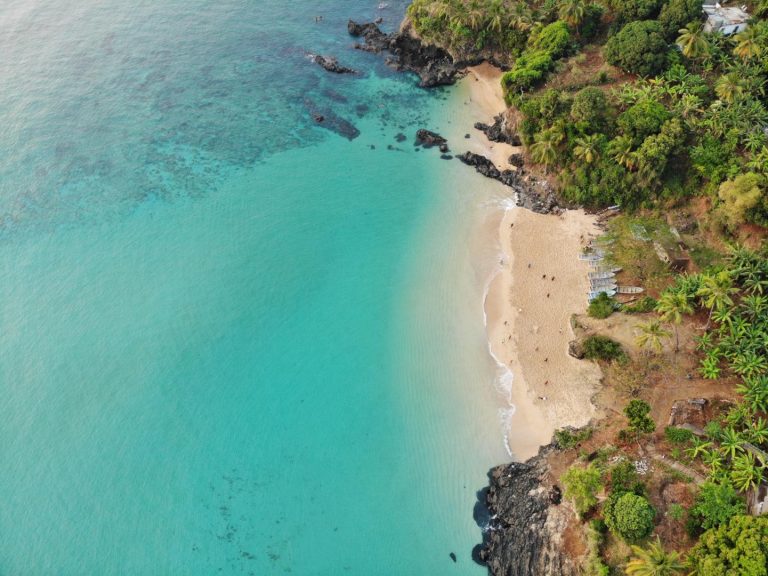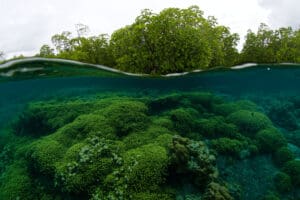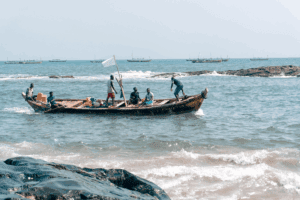Seafood exports from Madagascar often end up in a European recipe, but are a recipe for political unrest at home, where two-thirds of the population face hunger.
These are the findings of a recent study led by researchers from the University of British Columbia’s Sea Around Us Project in collaboration with the Madagascar-based conservation organisation Blue Ventures. The research, published online this week in the journal Marine Policy, used existing studies and local knowledge to estimate total fisheries catches between 1950 and 2008.
Link to online version: http://www.sciencedirect.com/science/article/pii/S0308597X11000960
Foreign fishing fleets from Europe and Asia are placing huge pressure on Madagascar’s fisheries by catching nearly 80,000 tonnes of seafood each year — almost the same amount as local fishermen — and are exacerbating the impact of overfishing at local levels. Consequently, catches of several key species groups seem to be in decline, including mostly exported shrimp, shark and sea cucumber.

The findings underline the importance of protecting local fisheries for food security through stronger fisheries management. Madagascar is the world’s fourth largest island and is home to some of the world’s poorest people. Two-thirds of the country’s population is food insecure. Yet, the country has three monitoring vessels and nine speedboats to protect its waters from illegal fishing boats and monitor domestic fisheries.
“Both increasing pressure by local fishing communities and demand from the international market could accelerate the downward trends we see in Madagascar’s fisheries,” says Frédéric Le Manach, lead author of the study and a graduate student at the University of Plymouth in the UK and visiting researcher at UBC.
The local shrimp fishery, of prime importance for the national economy, has caught about 12,000 tonnes annually, but is now declining. Most of these shrimp are destined for export to developed countries.
“Securing Madagascar’s fisheries for local consumption is of paramount importance to Madagascar’s sustainable economic development,” says Alasdair Harris, a marine scientist working in Madagascar. The authors suggest that the new data should be considered before allowing foreign fishing vessels further access to Madagascar’s waters.
“This study is yet another demonstration of how overfishing impacts humans in different parts of the world,” explains supervising author Dirk Zeller and senior research fellow with The Sea Around Us Project at UBC. “In the case of Madagascar, overfishing does not threaten to undermine a nice meal at a restaurant, but one of the mainstays of human survival.”
Contact information: Alasdair Harris (al[at]blueventures.org, +261 343133987) or Dirk Zeller (d.zeller[at]fisheries.ubc.ca, +1 (604) 822 1950)
Note to editors: The Sea Around Us Project is a scientific collaboration between the University of British Columbia and the Pew Environment Group. The project was initiated in 1999 to study the impact of fisheries on the marine ecosystems of the world, and to offer mitigating solutions to a range of stakeholders. This is done through analyses and visualisations, as well as articles in peer-reviewed journals and other media. The project regularly updates its products at the scale of countries’ Exclusive Economic Zones, Large Marine Ecosystems, the High Seas and other spatial scales, and as global maps and summaries. Data are emphasised as catch time series starting in 1950, and related series (such as catch value and catch by fishing gear or flag state), and fisheries-related information on every maritime country (including government subsidies, marine protected areas, marine biodiversity). Information is also offered on special topics, such as the historic expansion of fisheries, the performance of Regional Fisheries Management Organisations, or the likely impact of climate change on fisheries.


















